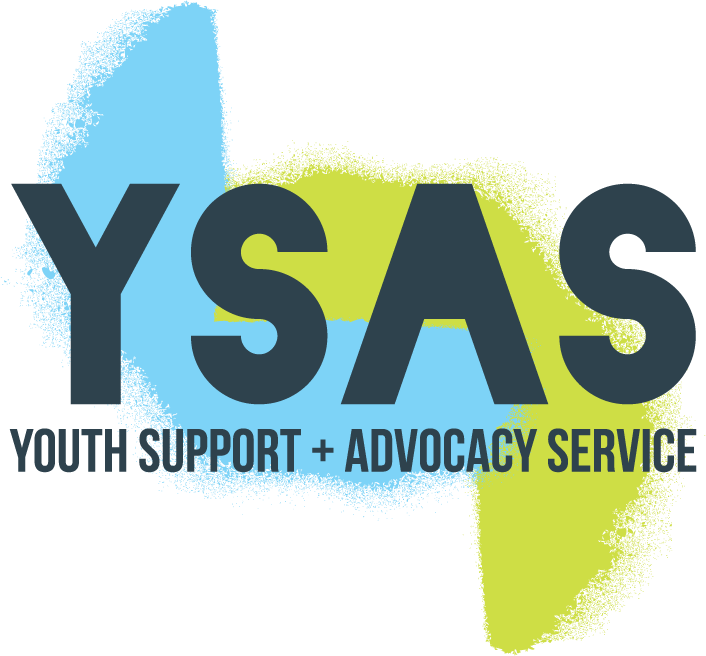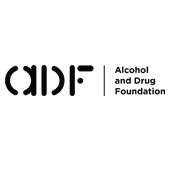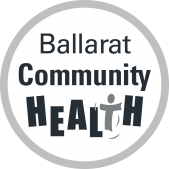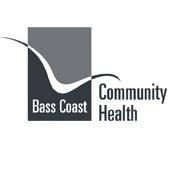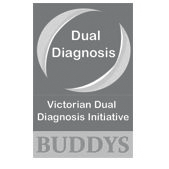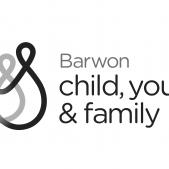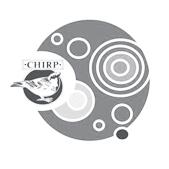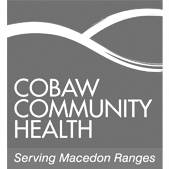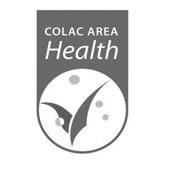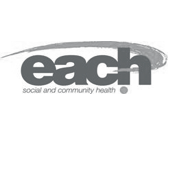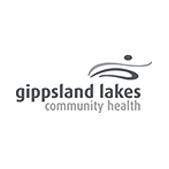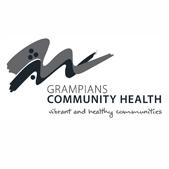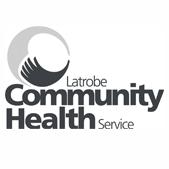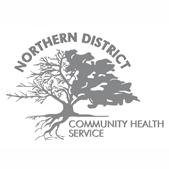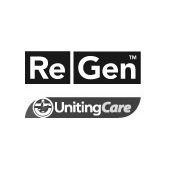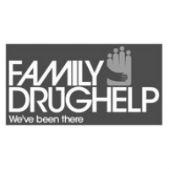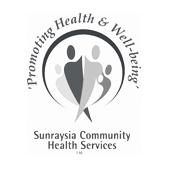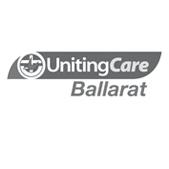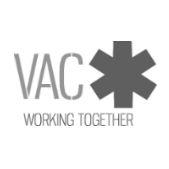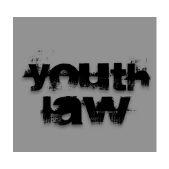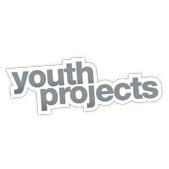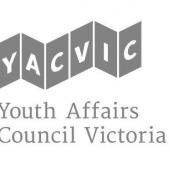Support Options
Long-term residential support/ Rehabilitation
‘Rehab’ is where a young person lives with a group of others in substance free accommodation supported 24 hours by trained workers.
Young people have the opportunity to participate in a structured program including drug education sessions, goal setting, art, music and self-esteem building exercises. As many rehabs are situated on a property, young people may participate in care for gardens or animals or in the instance of healing communities for indigenous young people, spend time on country.
Young people are encouraged to return to study or look for work and learn basic living skills for when they leave the program.
For a young person who has become disengaged with school or work and lacks supportive relationships with family and peers, having a total change of scene can really help them to shift away from substance use.
‘Rehab’ requires a commitment of anywhere up to 6 months during which time a young person lives away from their regular circumstances.
The benefits of being isolated from substance using peers or family conflict need to be weighed up with the disruption to relationships and activities that are positive and in competition with a young persons substance use.
Young people who are strongly committed to activities such as a local sports team or have key supportive relationships may find being apart from these sources of strength for several months counter-productive.
Most rehabs require a young person undertake a residential withdrawal before they begin the program. Rehabs can usually help with organising this.




